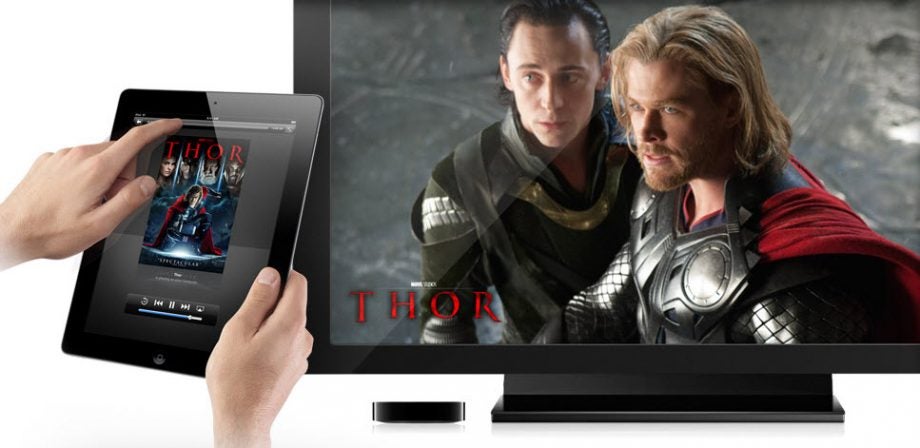How Apple & Google Failures Will Revolutionise TV

Where the gloss potentially comes off for both Google and Apple are their seemingly chosen routes to victory: integration. “The majority of the televisions you see in stores will have Google TV embedded in it…” says Schmidt.”I’d like to create an integrated television set…” said Jobs. The question has to be asked: ”Why?”
Integrating a platform with a television is a hazardous business. For a start television lifecycles are much longer than that of a laptop, tablet or smartphone. Then comes the complex negotiations with TV makers who would have to drop their expensively developed ‘smart TV’ platforms to comply and would surely want a cut of content revenue. Even then you risk swelling the size of the television with the necessary hardware to run Google TV or Apple TV smoothly – not to mention the firmware updates specific to each brand. Lastly television prices will likely go up in the middle of one of the worst economic downturns in recent memory. Yes Apple would inevitably make its own exclusive TV, but the majority of these problems still exist, and in fact are exacerbated.
http://www.youtube.com/watch?v=y7pE9UTTfy4
Far simpler would be the continued evolution of the set-top box. It negates TV manufacturer negotiations, is far cheaper and therefore more acceptable to shorter product cycles, removes potential legacy problems within the television and is easily optimised for any model given the industry standard resolutions of 720p and 1080p. If Apple is to make a TV it might as well have AirPlay and little else.
That said whether integrated or as a set-top box, the outcome is sure to remain the same: television makers will soon return solely to hardware. Panasonic ‘Viera Cast’, Sony ‘Internet TV’, Samsung ‘Internet @ TV’, Philips ‘Net TV’, LG ‘Smart TV’ while improving year on year are relics mis-marketed as innovation. For the most part they’re still poorly designed, fundamentally fractured and locked to brand while Google and Apple can negotiate hardware neutral, platform-wide licensing deals and usher in the next generation of touchscreen remotes using existing connected computers, phones and tablets. With Remote, Apple is already on the case. Throw in Apple and Google’s rich media stores, wireless content synchronisation, apps and gaming (bolstered this week by OnLive) and this dual screen approach even makes the unreleased Wii U look outdated.

Of course there does remain one fly in the ointment: Microsoft. While the PlayStation 3 is arguably the home cinema multimedia king, Sony lacks smartphone, tablet and PC platforms to back it up. In Xbox, Windows Phone and the homogenising Windows 8, Microsoft has all three plus a blossoming media hub and in Kinect, a powerful differentiator. It will likely reveal its own master plan with the so-called ‘Xbox 720’.
Yet to argue the machinations of whether Google, Apple or Microsoft will come out on top is irrelevant – the winners in the television sector will again be software companies. Stagnation has already seen mobile phone makers bulldozed by these specialists and many of the same brands in the television sector will face a similar hardware-only future before long. History repeating is a bitter pill. Knowing your conquerors treated their first products as hobbies and didn’t even get them right first time will make swallowing it doubly so…


